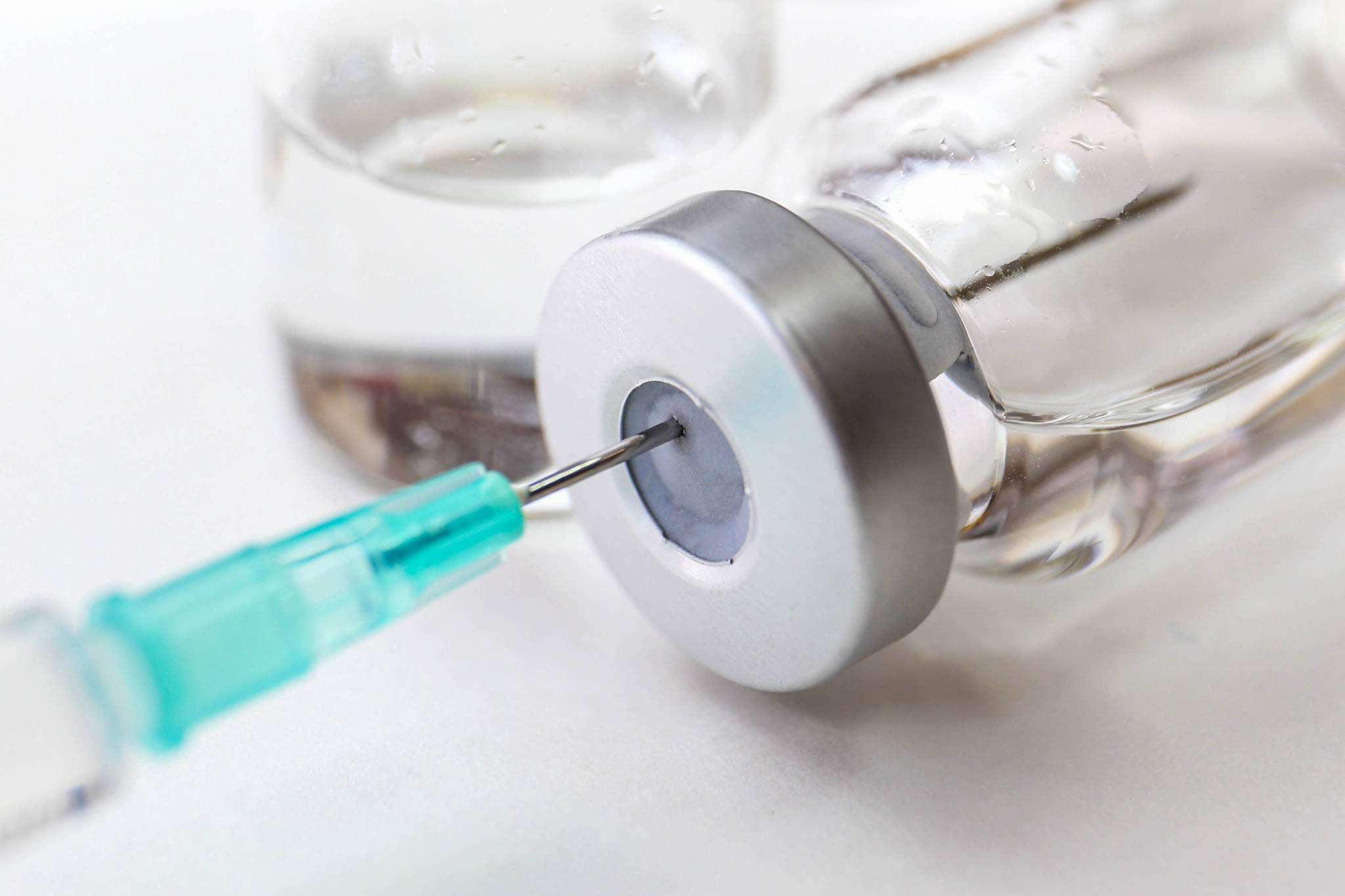Editor’s note: Johnny T. Stine is the man who the Journal wrote about in the April 29 edition article titled “Unapproved COVID-19 ‘vaccine’ causes stir on San Juan Island.”
Submitted by Attorney General Bob Ferguson’s office
Attorney General Bob Ferguson is warning a Seattle-based business to stop selling and administering a so-called COVID-19 “vaccine.” Ferguson warns that if the company, North Coast Biologics, or its owner, Johnny T. Stine, don’t stop making false or unsupported claims about the product, they could face a lawsuit from Ferguson under the state Consumer Protection Act.
In a social media post, Stine claims to have developed a “vaccine” that has made him immune to COVID-19, and offers his “vaccine” for $400.
“Remember: If something seems too good to be true, it probably is,” Ferguson said. “Scammers take advantage of fear and uncertainty to make you go against your better judgment. There is currently no proven treatment or vaccine for COVID-19. We will use all of the tools at our disposal to protect consumers during this public health emergency.”
In the letter, Ferguson notes that no effective treatment or vaccine for COVID-19 has been identified, and that “consumers should not have to worry about being misled about the health benefits of products that have not been evaluated or established as effective to treat or prevent the virus.”
Ferguson calls on Stine to “immediately stop making misrepresentations about your COVID-19 ‘vaccine.’ ” Failing to do so, Ferguson warns, could result in a lawsuit filed by his office under the state Consumer Protection Act, which allows for a civil penalty of up to $2,000 per individual violation.
Scammers trying to capitalize on COVID-19 fears
Scammers are sending texts and emails promising to protect people from the virus, or offering cash payments to help weather the crisis. In reality, these messages are trying to obtain personal information, efforts known as phishing, or install harmful software on your device, called malware. Some types of software, known as ransomware, can be used to lock you out of your device until you pay the scammer. The risks of clicking unknown links are serious and real.
Washingtonians should be wary of these types of messages. Tips for avoiding COVID-19 scams:
• Be skeptical — there is no cure for COVID-19.
• Don’t click on links — they can be malicious.
• Don’t provide your personal information to unknown sources who may be trying to get your personal or financial information.
• Don’t donate money without researching who is asking for your money — there are many bogus charities offering to help.
• Visit trusted resources for legitimate information about COVID-19, like government health departments or your health care provider.
The Attorney General’s Office is continuing to investigate reports of unfair business practices during the COVID-19 pandemic. To file a complaint, visit the Attorney General’s website at www.atg.wa.gov/file-complaint.




